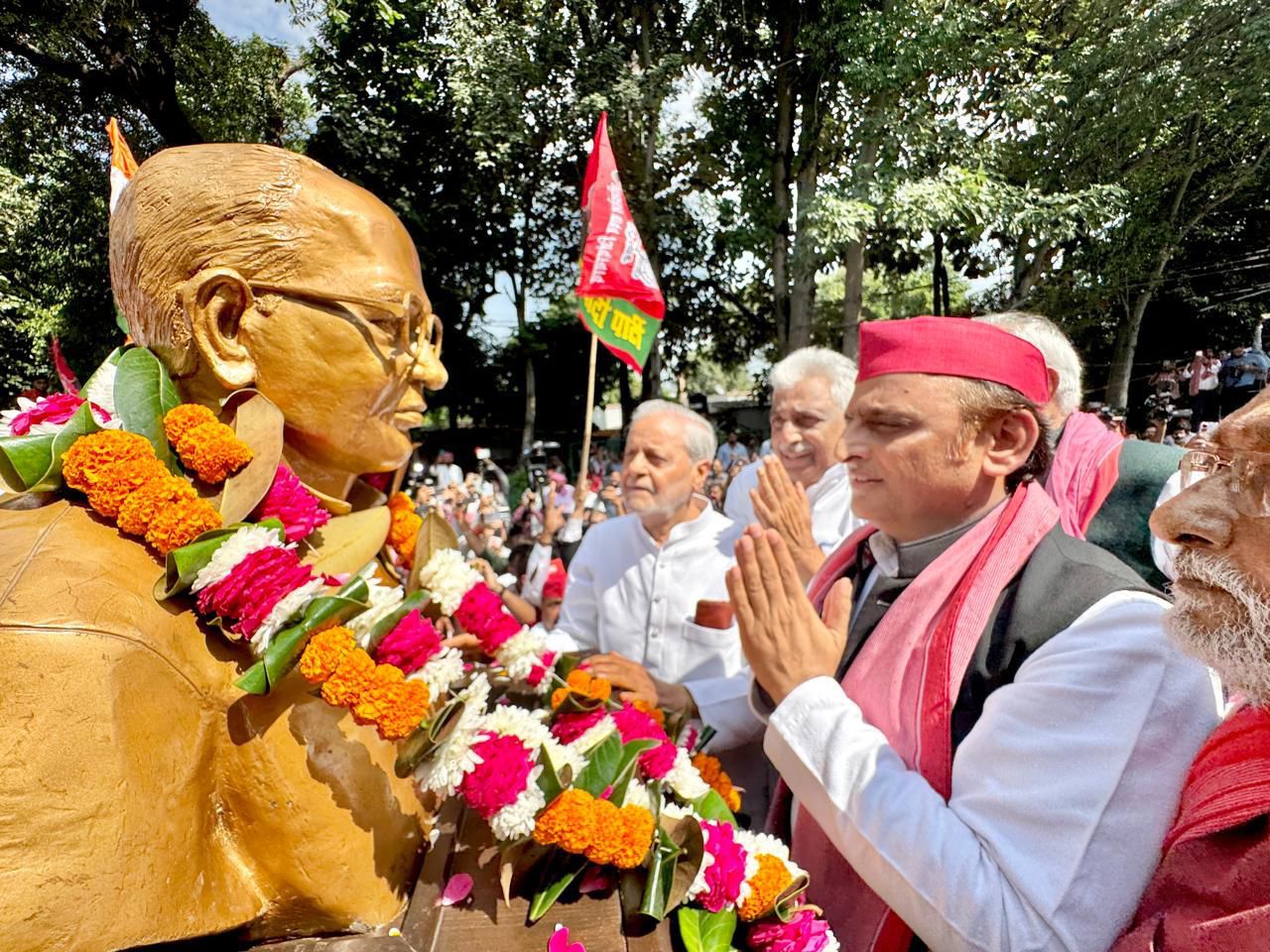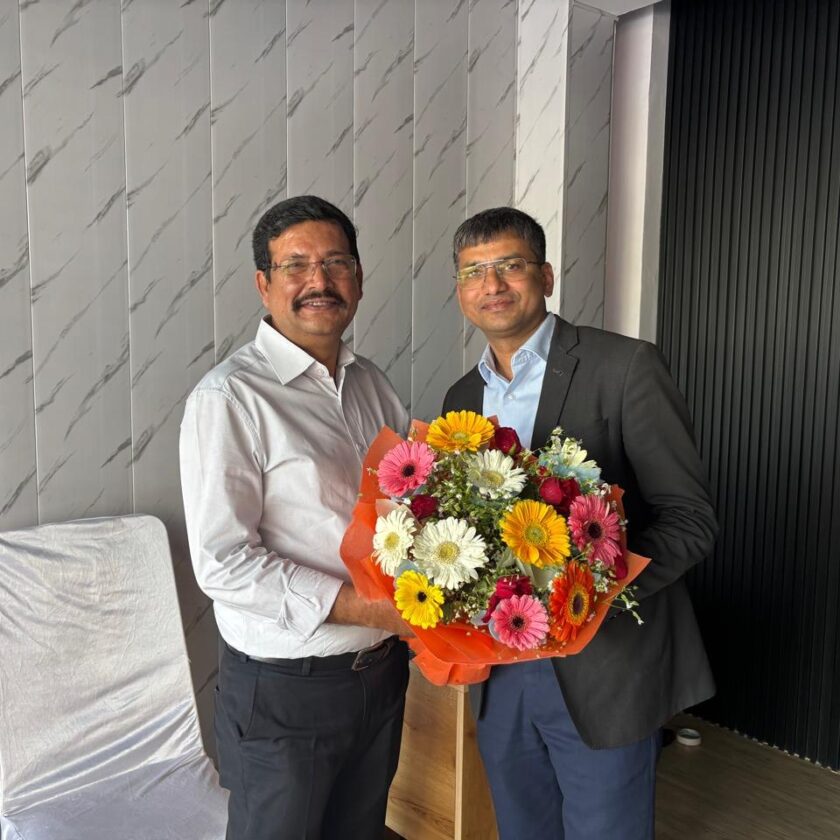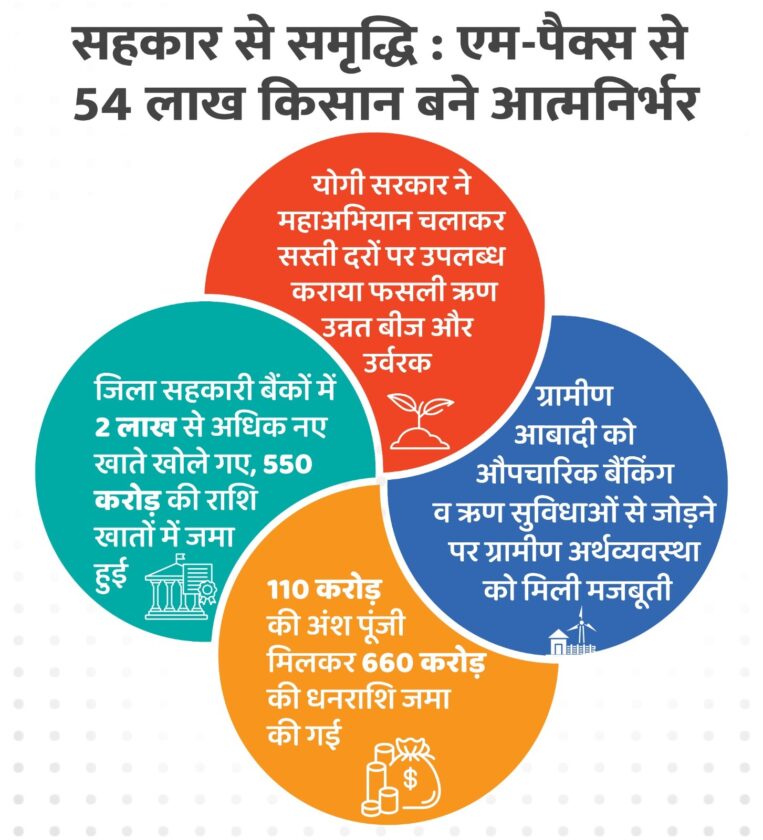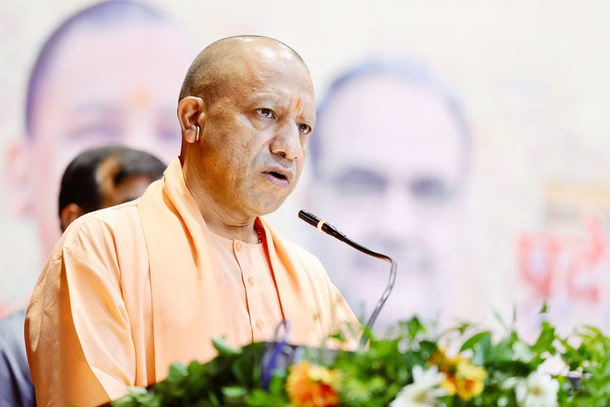Mumbai / Lucknow — A powerful testament to India’s democratic legacy, the book ‘1974 – Vyavastha Parivartan Ka Andolan Aur JP Ki Virasat’ (The Movement for Systemic Change and JP’s Legacy) was formally released at the Yusuf Meher Ali Centre, Mumbai. The launch was graced by Mahatma Gandhi’s great-grandson Tushar Gandhi and veteran journalist Shravan Garg, who had worked closely with Jayaprakash Narayan during the Emergency era.
The book, jointly edited by Ambreesh Kumar and Arun Kumar Tripathi, and published by Vani Prakashan, was presented to 100-year-old freedom fighter G.G. Parikh, who had played an active role in the 1942 Quit India Movement.
More than a historical account, the book serves as a critical document for politically aware readers, activists, and the conscious citizenry. It provides insight into the pre-Emergency democratic movements and struggles for constitutional rights, particularly in the context of modern Indian politics. Notably, Samajwadi Party President Akhilesh Yadav’s leadership in defending the Constitution in Uttar Pradesh today is cited as a continuation of this enduring legacy.
In the recent 2024 Lok Sabha elections, Akhilesh Yadav’s pro-Constitution campaign struck a chord with voters, propelling the Samajwadi Party to emerge as the third-largest party in the country by MP count. Yadav’s unwavering stand for socialist principles and civil rights has been a central pillar of his political vision. He had also extended warm wishes during the centenary celebrations of G.G. Parikh, aligning himself with JP’s legacy.
The book includes two significant interviews of JP and is divided into three thematic sections:
-
The 1974 Movement and JP
-
Organizations and Movements Born of the Struggle
-
Diverse Dimensions of Resistance
A standout feature is the compelling essay by Rajendra Chaudhary, a former UP Cabinet Minister and Emergency detainee, titled “Resistance During the Emergency”. Chaudhary narrates harrowing experiences of underground publication, political persecution, and how youth leaders published the banned ‘Pratirodh’ magazine, dodging police scrutiny and risking arrest.

He recalls distributing the publication near Rashtrapati Bhawan just as Prime Minister Indira Gandhi’s convoy passed by, evading arrest by sheer luck. Such tales reveal the bravery and resolve of young socialist leaders like K.C. Tyagi, Satpal Malik, and others, who convened in Delhi’s Coffee House to coordinate clandestine political activities.
The book underscores how the Emergency (1975-77) shook the foundations of democracy — suspending civil liberties, jailing opposition leaders, censoring the press, and spreading fear across the country. Chaudhary, then a youth leader of Chaudhary Charan Singh’s Bharatiya Lok Dal, was jailed in Meerut after staging protests in Ghaziabad. He later won an assembly seat from the same constituency in 1977.
Highlighting Akhilesh Yadav’s role in preserving this legacy, the report details how he established the JP International Centre (JP NIC) in Lucknow during his tenure as Chief Minister. The centre was envisioned as a monument to democratic resistance. However, the BJP government later locked down the JP NIC on JP’s birth anniversary, denying Akhilesh entry. Undeterred, Yadav scaled the locked gates and garlanded JP’s statue, asserting that freedom and democracy are non-negotiable values.
In 2016, his government passed the Uttar Pradesh Loktantra Senani Samman Adhiniyam, under which Emergency detainees were granted monthly pensions, free transport and medical benefits, and state honors. Today, living democracy defenders receive ₹20,000 per month in recognition of their sacrifices. Families of deceased detainees also receive posthumous benefits, bringing dignity to many once-forgotten freedom fighters.
The book and the narratives within it serve as a reminder of the ongoing struggle to protect the Constitution. With rising concerns over suppression of expression and weakening institutions, all eyes are now on leaders like Akhilesh Yadav, who continues to spearhead the battle to uphold democratic values.
As Rajendra Chaudhary concludes in his memoir:
“To preserve our legacy and stay alert to challenges of building a just society is the fundamental duty of every political worker. Democracy and the socialist movement light our path like an unwavering flame.”
The launch of 1974 is not just a literary event, but a call to remember, resist, and rebuild.









